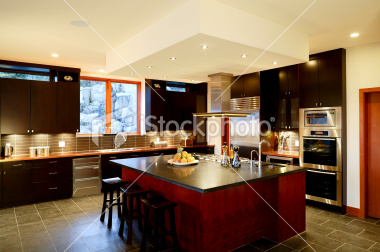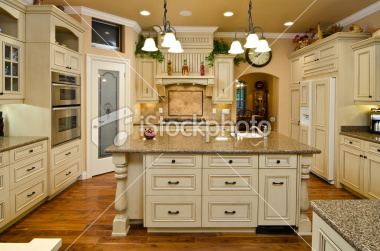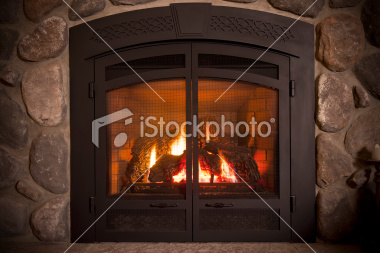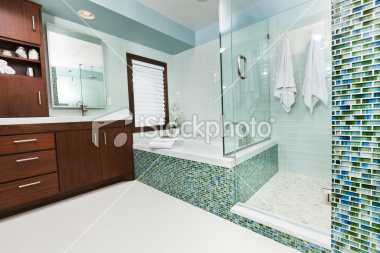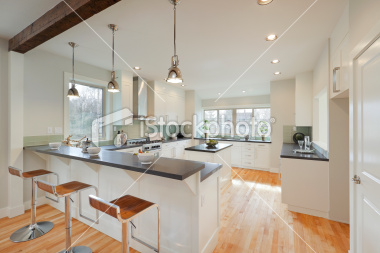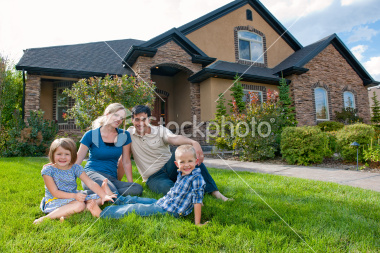Chimney Repair
Perspectives on Chimney Repair
A fireplace can be an enjoyable and relaxing addition to your home, but like other parts of your home, proper fireplace and chimney maintenance should be a regular event.
Like many other areas of your home, water can be one of the most damaging elements for a chimney.
A chimney is typically constructed of a variety of materials, including brick, mortar, tile, steel and iron. Continued contact with water will eventually contribute to the deterioration of the chimney.
Water penetration can cause interior and exterior damage to your home and chimney including:
- Damaged and broken brick
- Deteriorated metal or masonry firebox assemblies
- Rusted dampers
- Rotted wood
- Water damaged walls and ceilings
- Damaged mortar
- Cracked flue liner systems
- Mold and mildew
By having a regular fireplace and chimney inspection you should be able to detect any issues that may eventually cause greater problems. Some ways to prevent water damage include:
Installing a chimney cap
A strong, well designed cap keeps water out and also prevents birds and animals from entering and nesting in the chimney. Caps also function as spark arrestors, preventing sparks from landing on the roof or other nearby combustible material.
Repairing or replacing a damaged chimney crown
A chimney crown covers and seals the top of the chimney from the flue liners to the chimney edge. Although many masonry chimneys are built with an inadequate crown constructed from common mortar mix which is not designed for the crown and will many times crack almost immediately after installation because of shrinkage, a proper chimney crown should be constructed of a portland cement based mixture and provide an overhang beyond all sides of the chimney by a minimum of two inches. There are also some waterproof, non-shrinking, coatings for repairing damaged mortar crowns that may be used.
Repairing or replacing flashing
Flashing is the seal between the roofing material and the chimney. Flashing prevents water from running down the chimney where it can damage interior ceilings, walls, rafters, joists, and other components of the home.
Waterproofing your chimney
Most masonry materials are porous and will absorb large amounts of water. Poor mortar joints or the use of improper mortar or brick can increase the ability to absorb and carry water to unintended places. By using one of a few products available for waterproofing, you should be able to greatly reduce the chance of water being absorbed and creating damage.

